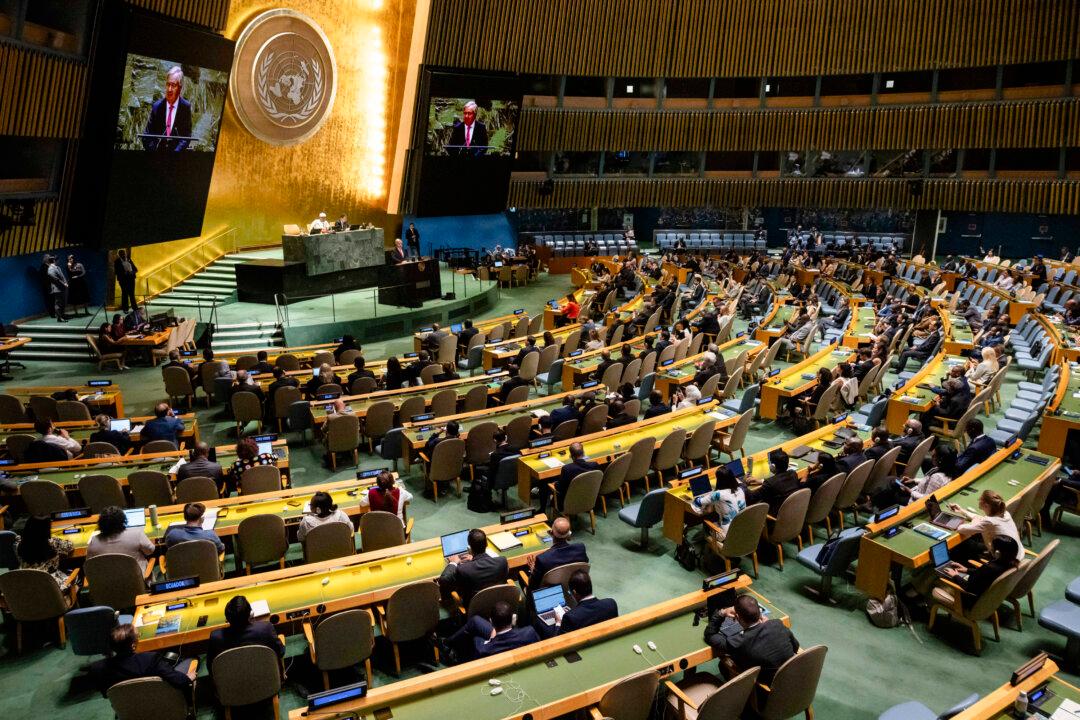Israel has declared U.N. Secretary-General António Guterres persona non grata, effectively banning him from entering the country.
Announcing the decision on Oct. 2, Israeli Foreign Minister Israel Katz said Guterres failed to “unequivocally” condemn Iran for its unprecedented missile attack on Oct. 1, which targeted military and civilian sites across Israel and forced 10 million people into bomb shelters.





